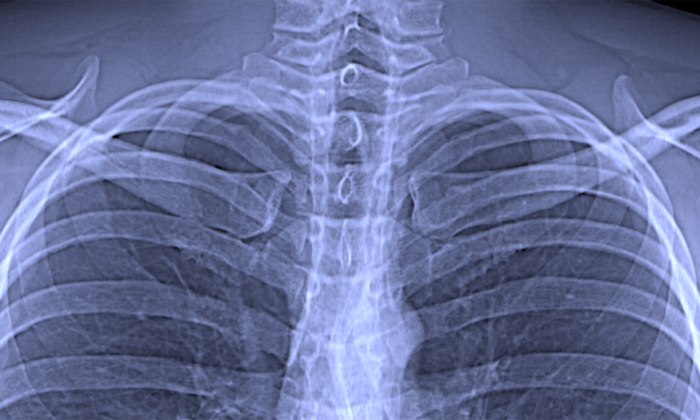Bavarian research alliance "FOR-COVID" investigates possible therapies and vaccinations
United against COVID

The Bavarian Ministry of Science established the Bavarian research alliance FOR-COVID as a response to the coronavirus SARS-CoV-2. The State of Bavaria is providing approximately 800,000 euros in funding for the current year and next year. In addition to the TUM, the Friedrich-Alexander-Universität (FAU) Erlangen-Nuremberg, the Ludwig-Maximilians-Universität München (LMU), the Universität Regensburg, the Julius-Maximilians-Universität of Würzburg (JMU), and the Bundeswehr Institute of Microbiology in Munich will also be participating in this endeavor. The research alliance aims to contribute to facilitating the management of the current pandemic through interdisciplinary cooperation throughout Bavaria.
"We are extremely glad to now be able to consolidate the expertise of leading scientists in Bavaria in order to research how we can overcome the COVID-19 crisis, thereby also learning how we can prepare ourselves better for future challenges," said the spokesperson for the alliance Prof. Ulrike Protzer, virologist at TUM and Helmholtz Zentrum München.
Improving antiviral therapy options and vaccinations
In nine projects, scientists in the alliance from all over Bavaria will be researching options for preventing and preparing for epidemics, for preventing infection, for active and passive immunization through vaccination, improving antiviral therapy options, as well as a better understanding of the origins and development of the disease. In particular, in their three projects, the scientists at TUM will be researching how therapy options and vaccines can be developed and improved:
- Vaccine based on nanoparticles
Prof. Protzer heads a project that aims to design and evaluate a vaccine against SARS-CoV-2. The goal is for the vaccine to promote an antibody response that binds virus particles and immediately renders them harmless. The latter is not the case with all vaccine candidates proposed so far – a situation which ultimately may even lead to a worsening of the infection. The project aims to rapidly generate a neutralizing antibody response by presenting the receptor-binding domain of the SARS-CoV-2 spike protein on the surface of nanoparticles. At the same time, a T-cell response is also to be enabled. This approach is to be compared and possibly combined with other vaccine candidates to achieve an immunity as is it observed in patients who have fully recovered from an infection.
- How does the immune system inhibit the virus?
Andreas Pichlmair, Professor for Viral Immunopathology at TUM, heads a project that investigates the biology of the virus. He utilizes –omics technologies to understand which cellular control loops of the innate immune system are important for the inhibition of SARS-CoV-2. The goal is to find out which cellular mechanisms inhibit the virus – and how these findings can be utilized for therapeutic purposes.
- Antiviral substances against COVID
Dieter Langosch, Professor of Polymer Chemistry, and Roman Wölfel from TUM, together with partners from other universities, are heading research aimed at identifying antiviral substances that inhibit SARS-CoV-2 from entering human cells. The project is examining a group of antiviral agents that have been largely ignored in research on SARS-CoV-2.
The Bavarian research alliance also collaborates with research groups in Saxony in a Bavarian-Saxonian research network on SARS-CoV-2.
Technical University of Munich
Corporate Communications Center




